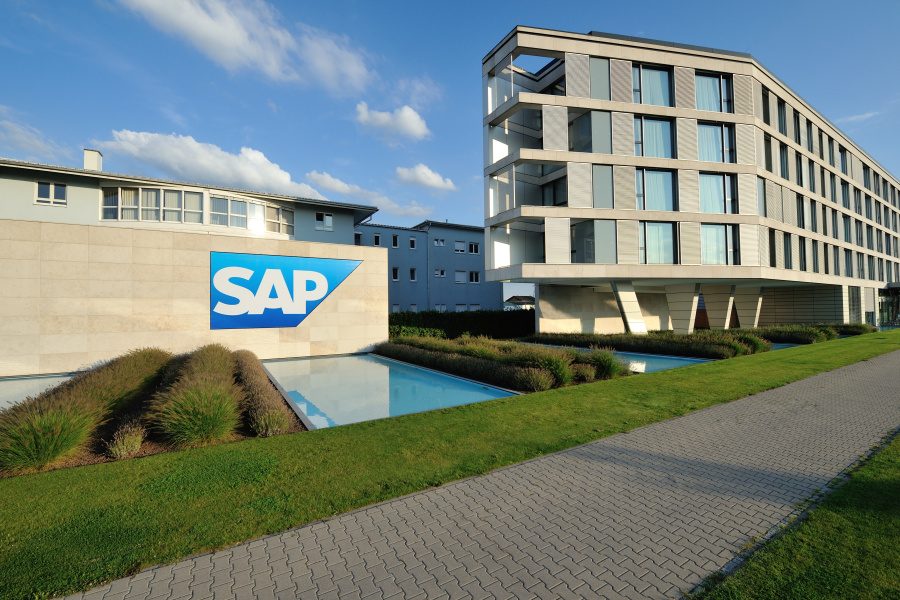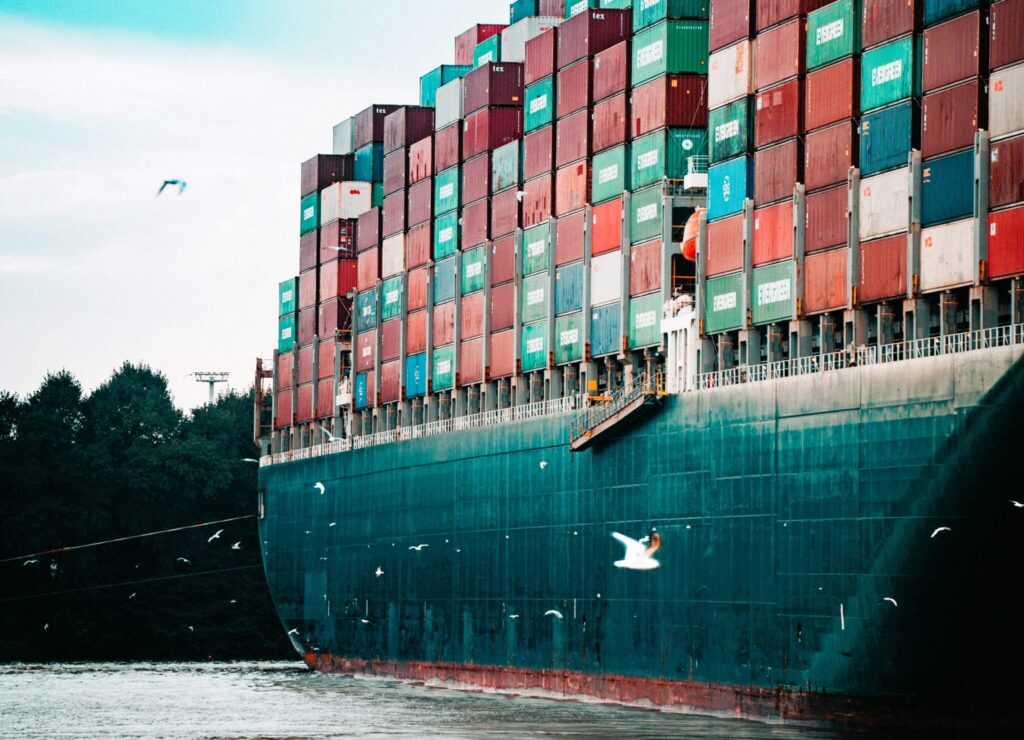SAP has unveiled new advancements to its supply chain solutions that generate data-driven insights to enable risk-resilient and sustainable supply chain operations.
Enhancements are being made to the following: AI embedded into the SAP Digital Manufacturing solution, 3D product and operations viewer capabilities in manufacturing, service and maintenance processes and adherence to sustainable packaging guidelines in the SAP Responsible Design and Production solution.
In a global study conducted by Oxford Economics on behalf of SAP, manufacturing executives were found to be more likely than those in other functions to deploy intelligent technologies at scale to improve predictive analytics capabilities. However, only 36 percent of the 1,000 survey respondents said they have deployed predictive analytics in any part of their enterprise.
Sustainability initiatives were also shown to be near the top of business agendas in the study with almost a third of supply chain executives including improving sustainability metrics as a top three strategic goal.
SAP customers can now employ AI embedded into SAP Digital Manufacturing for AI-driven insights and AI-powered visual inspection processes to become more resilient. Customers can ensure that defective parts are discovered early and are addressed quickly, producing higher yield, ready-to-deliver quality materials. The lower product defect rates result in fewer service claims and improved asset health and maintenance.
The announcement follows continued developments from SAP in manufacturing and supply chains, including a smart factory in Wichita, an ongoing Apple and SAP alliance for warehouse and distribution app development, and a joint project automotive project with Porche and Shuler – Smart Press Shop, featuring technologies such as robotics, digital twins, IoT, 3D capabilities and AI embedded in SAP Digital Manufacturing.
Thomas Saueressig, member of the executive board of SAP SE responsible for SAP product engineering, said: “In recent years, it has become apparent that our global supply chains are vulnerable to disruption.
“This has far-reaching consequences for the manufacturing industry as well. SAP is a driving force in many industry-relevant initiatives, such as Catena-X and Manufacturing-X. Open data ecosystems, especially, have their place in the manufacturing industry. What is more, in many of the conversations I’ve had with business leaders, and according to our latest Oxford Economics study, it becomes clear: they see the need of investing in Industry 4.0 principles and AI to increase supply chain resiliency, but many are still in the piloting stage. SAP is in a unique position to accelerate the journey to resilient manufacturing because we can embed intelligent capabilities in enterprise software across all end-to-end processes.”
In an interview with ERP Today, Darcy MacClaren, head of digital supply chain and industry 4.0, SAP NA, said: “What was interesting about the study was how sustainability went hand in hand with building a resilient supply chain. Everyone needs visibility, which is one of the key areas which SAP is offering. It all starts with getting connected to your ecosystem and getting visibility so that you can work in collaboration, because it’s all about collaborating, quite frankly, more of it is external to your organization than internal.
“Companies want to be sustainable because their customers want them to be and their employees want them to be their good corporate citizen – making sure to source from vendors who are sustainable, designing products with sustainable packaging, manufacturing in a sustainable way. The ‘frozen middle’ still exists, where there are still a lot of silos out there.
“The survey confirmed SAP is on the right path. For the use of intelligent technologies and embracing artificial intelligence, SAP is so powerful at getting the tools that help embedded into a process that is scalable and rolls out. Whether it’s a warehouse management system, a transportation system, you see it in all our applications. I was glad to see in the survey that folks are seemingly ready to get more involved across organizations.”





